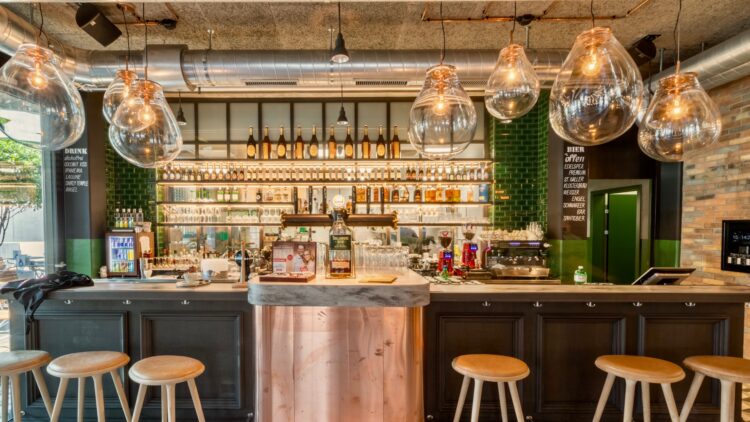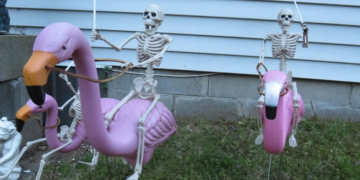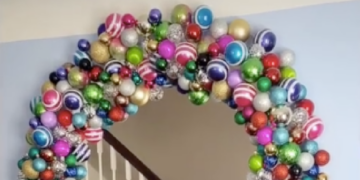Bars are probably one of the most popular places for people, especially young people, to socialize. They’ve long since been considered a place of camaraderie and fun. For most people, anyway, but for some, bars were a place for their addictions to be encouraged.
As bars begin to reopen amid this wave of pandemic mandate-ending, those who have chosen to go sober might feel a little unwelcome returning to such places. Thankfully, spots exist for them too, ones that mimic the exact atmosphere of a bar without the alcohol .
In 2016, author Ruby Warrington coined the term ‘sober curious’.

It’s rather self-explanatory, it describes those who are curious about the sober lifestyle that many people live due to health issues, past addiction problems, or otherwise.
“I wanted to create a term that was non-judgmental and open-ended enough to really give myself permission to explore some of those questions without having to mean anything about my drinking,” Warrington said to ABC News.
The term has only grown in popularity over the years.

In fact, some people are even calling it a movement, with the sober lifestyle starting to appeal to a much wider audience.
As Warrington puts it, it’s a matter of perspective. “A lot of the times we think about removing alcohol, we think we’re losing out, […] but framing it as ‘could my life be better without alcohol?’ actually kind of opens the door to all sorts of possibilities.”
This sort of thinking is what inspired Chris Marshall.

Marshall opened Sans Bar in 2017, a completely alcohol-free bar. The idea came from his own issues with alcohol addiction that began when he was 16.
At 23, he went to rehab, quit drinking entirely, then became an addiction therapist.
He expressed that one of the biggest emotions he felt during his addiction was loneliness.

He says that rehab changed everything for him. “[…] when I got into rehab, the first thing I heard was someone tell me, ‘You don’t ever have to feel lonely again.’ So this space that we’re sitting in today is a direct result of that very real statement that someone made to me 15 years ago. Telling me that I didn’t have to be alone, that I didn’t have to live alone.”
He didn’t start with much, only $200 and some folding tables, but people came.

“People started showing up … People were showing up when we were literally outside because they got the vision of what I was creating. It was not about the drinks — and people come for the drinks — but they stay for the community.”
Like many businesses, Sans Bar took a hit due to the pandemic.

But Marshall’s clever thinking kept it afloat, as he hosted virtual happy hours with non-alcohol mixology classes so people could continue to socialize.
He also considered it a good opportunity for many people to think about their relationship with alcohol, saying, “I think a lot of people for the first time in their life were faced with looking at themselves in a way that they had never looked at themselves before.”
And there does appear to be some evidence that more and more people are switching to non-alcoholic drinks.

Whether it’s to lessen their alcohol consumption or cut it entirely, NielsenIQ reported that the sale of alcohol-free products rose to 33% in 2021.
ABC News chief medical correspondent Dr. Jennifer Ashton said, “For people […] who do an experiment in a dry month or a prolonged period of time without consuming alcohol … They’ve found positive results. That’s what life is about. That’s what our wellness journeys are about.”
h/t: ABC News



















































